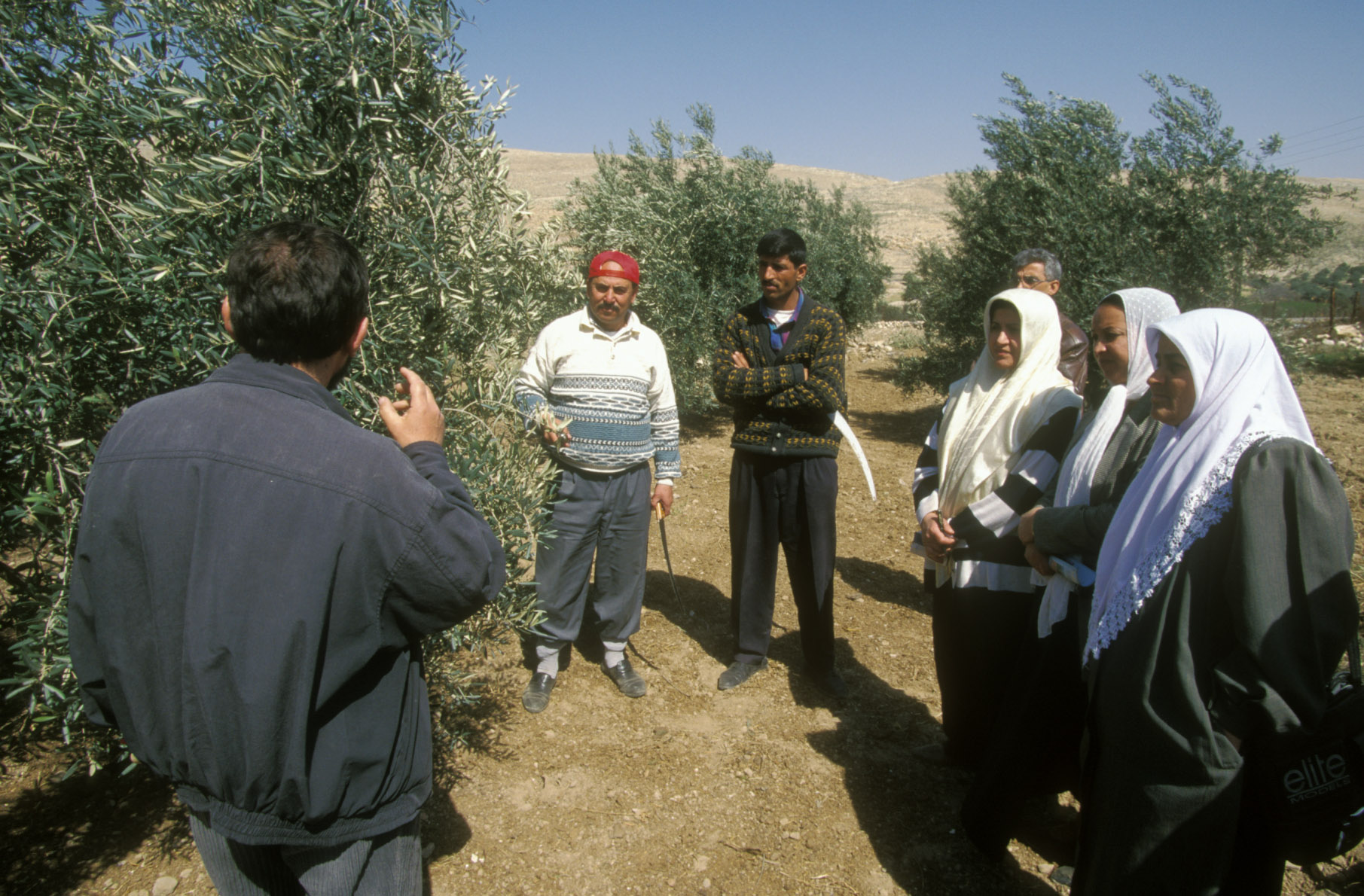GEF grant approved for Badia Ecosystem and Livelihoods Project in Jordan

On 31 July, 2012, a Global Environment Facility (GEF) grant in the amount of USD 3.3 million was endorsed by GEF’s Chief Executive Officer to fund a new GEF and World Bank partnership - the Badia Ecosystem and Livelihoods Project (BELP), one of five projects under the Middle East and North Africa-Desert Ecosystems and Livelihoods Program (MENA-SELP). The project aims to enhance communities’ capacity and provide them with the tools and opportunities necessary to improve socioeconomic circumstances in the long term. The project will be implemented by the National Centre for Agricultural Research and Extension (NCARE) over a four year period, from 2013 to 2017.
During the last 20 years, anthropogenic and natural forces as well as climate change have severely degraded the Badia’s land and unique biodiversity. Most of its ecosystem services have been depleted, impoverishing the natural environment and negatively impacting the Bedouins’ livelihoods. The BELP is designed to enhance the overall sustainability of the ecosystem and improve livelihoods by capitalizing on the region’s natural and cultural assets, diversifying community income resources, implementing preservation and sustainable use of the natural and rangeland resources, and developing the capacity of the Badia people to use and conserve their resources consciously.
The project comprises three components and will focus on three major poverty pockets in the southern and northern Badia. The first component focuses on a 250 kilometer ecotourism corridor in the northern Badia, beginning in Al Azraq and ending in Burqu’ in the east, as a means to enhance communities livelihoods and biodiversity conservation. The second component looks at piloting adapted sustainable community-based rangeland management and developing alternative livelihoods activities in the Al Jafr and Al Husseinieh sub-districts within the Ma’an Governorate in southern Badia, supporting three sub-components: (i) water harvesting, (ii) adaptive rangeland management, and (iii) alternative livelihoods. The third component seeks to establish an effective project management unit (PMU) capable of directing and supporting project implementation, liaising with stakeholders, carrying out monitoring and evaluation according to agreed indicators and conducting all fiduciary tasks. The project is closely linked to the Government of Jordan’s vision for the Badia, which looks to reduce poverty and unemployment, and improve the living conditions of Badia communities.
GEF was established in 1991 and has worked with FAO since 1992. In the case of the BELP, FAO’s Investment Centre Division has participated throughout all project preparation to appraisal and negotiations. The Investment Centre will continue to assist with the launch of the project and will provide implementation support services.
